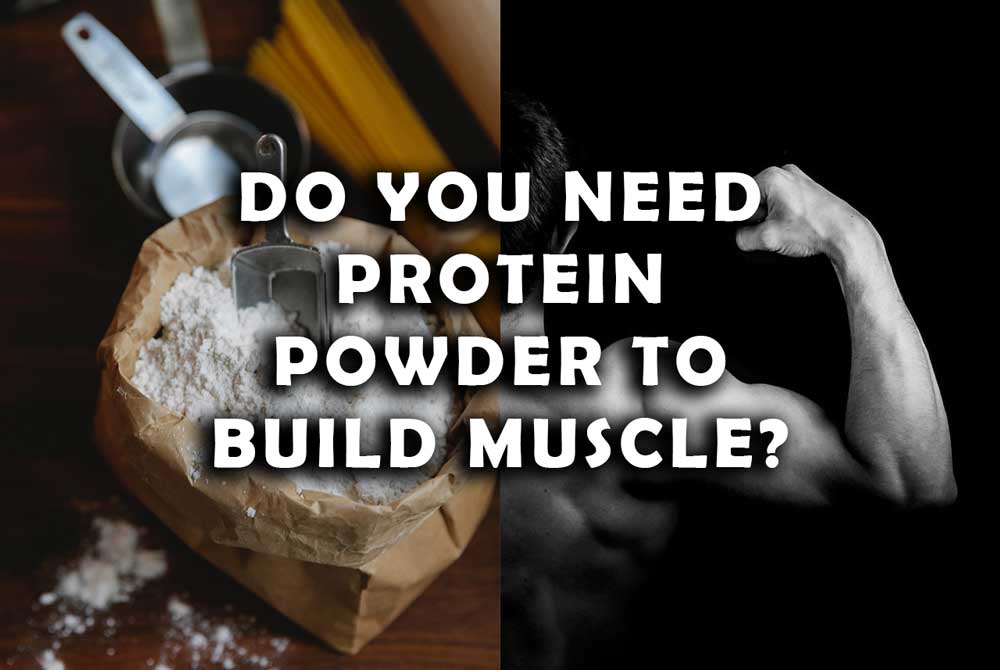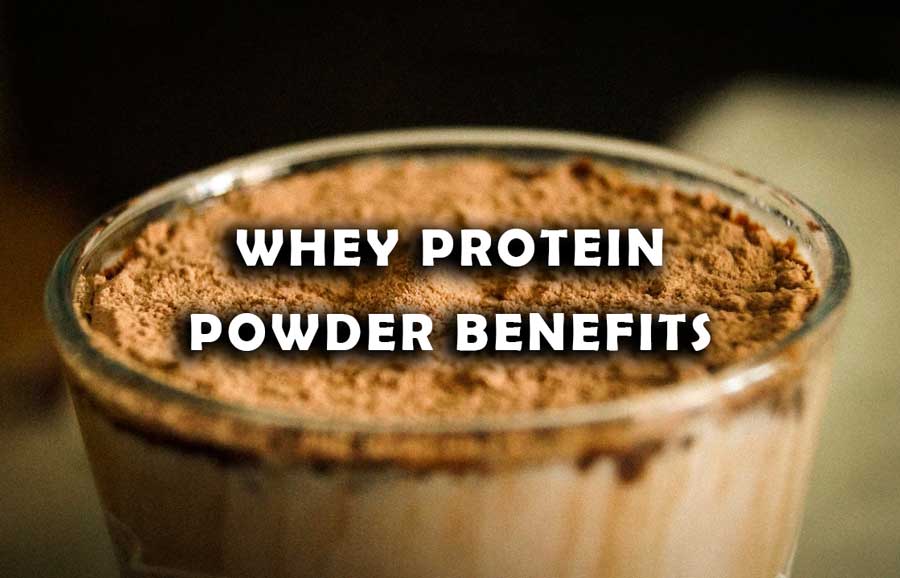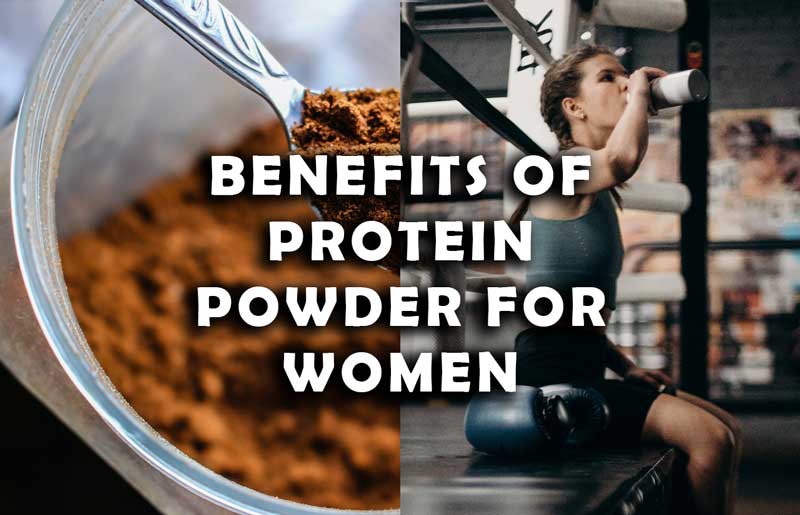Protein shakes have become a popular dietary supplement for athletes, bodybuilders, and fitness enthusiasts to supplement their protein intake. These drinks can be consumed before, during, or after workouts to help with muscle recovery and growth. However, some people have reported experiencing constipation after consuming protein shakes. In this article, we will explore whether protein shakes cause constipation and the potential reasons behind it.
What is Constipation?
Constipation is a common gastrointestinal condition characterized by infrequent bowel movements, difficulty passing stools, and hard, dry stools. Constipation can be caused by several factors, including lack of fiber and fluids in the diet, sedentary lifestyle, certain medications, and medical conditions such as irritable bowel syndrome (IBS) and hypothyroidism.
What are Protein Shakes?
Protein shakes are a dietary supplement that comes in a powdered form that is mixed with milk, water, or other liquids to create a protein-rich drink. These supplements can be made with various types of protein, including whey, casein, soy, and pea protein, and are used to supplement protein intake for people who have difficulty meeting their protein needs through food alone.
Protein Shakes and Constipation: Is there a Link?
There is no direct link between protein shakes and constipation. However, consuming excessive amounts of protein can cause digestive issues. If not balanced with sufficient fiber and fluids, then yes, protein shakes can cause constipation. High-protein diets can cause the body to produce more waste products, which can lead to constipation if the body is not adequately hydrated.

Additionally, some protein powders may contain artificial sweeteners or sugar alcohols that can cause gastrointestinal distress, including bloating, gas, and constipation, especially in people who are sensitive to these substances.
Factors Contributing to Constipation
Several factors may contribute to constipation after consuming protein shakes, including:
1) Lack of Fiber
Protein shakes may not contain adequate fiber, which is essential for maintaining healthy bowel movements. Fiber helps add bulk to the stool, making it easier to pass through the intestines. If a protein shake lacks fiber, it can slow down bowel movements, leading to constipation.
2) Insufficient Water Intake
Protein shakes may cause constipation if not consumed with enough water. Protein is broken down in the body, and waste products are eliminated through the urine and stool. If you are not hydrating your body adequately, it can cause stools to become hard and difficult to pass.
3) Overconsumption of Protein can Cause Constipation
Overconsumption of protein can cause constipation if not balanced with enough fiber and fluids. High-protein diets can cause the body to produce more waste products, leading to constipation if you don’t hydrate your body .
Try to get fiber through your whole foods as much as possible to balance it.
4) Artificial Sweeteners in Protein can Cause Constipation
Some protein powders contain artificial sweeteners and sugar alcohols that can cause gastrointestinal distress, including constipation.
Tips to Avoid Constipation that Protein Shakes Cause
Here are some tips to avoid constipation when consuming protein shakes:
1) Increase Fiber Intake
Include high-fiber foods, such as fruits, vegetables, whole grains, and nuts, in your diet to ensure adequate fiber intake.
2) Stay Hydrated
Drink plenty of water throughout the day to keep the body hydrated and stools soft. In addition, drinking water has its own endless benefits.
3) Choose Protein Powders Wisely
Choose protein powders that are low in sugar alcohols and artificial sweeteners. Further, always check the ingredients and label of protein powders. Go for already established or trustable brands.
You can follow this for:
How To Choose The Right Protein Powder For Your Needs?
4) Don’t Overdo It with Protein
Consume protein shakes in moderation and balance them with adequate fiber and fluids. Also, get protein powder from you whole foods aas well and not only from protein shakes.
Can drinking coffee relieve constipation caused by protein shakes?

Yes, coffee can relieve constipation. Coffee is a natural stimulant that can help stimulate bowel movements and relieve constipation that protein shakes might cause. So, consuming coffee in the morning can get you rid of the constipation.
However, it is important to consume coffee in moderation and to stay hydrated when using it as a constipation remedy.
Additionally, some people may experience adverse effects from consuming coffee, such as heartburn or jitters.
Conclusion
Protein shakes do not directly cause constipation. However, consuming excessive amounts of protein shakes without adequate fiber and fluids can cause constipation. It can also cause other types of digestice issues as well, like diarrhea.
Choosing protein powders wisely, increasing fiber intake, and staying hydrated can help avoid constipation when consuming protein shakes. If you experience constipation or other digestive issues after consuming protein shakes, consider adjusting your protein intake, increasing fiber intake, and staying hydrated.
FAQs
1) Can protein shakes cause diarrhea?
Excessive protein intake can cause diarrhea and can make you poop more often. Additionally, some protein powders may contain additives or ingredients that can cause gastrointestinal distress.
2) Can protein shakes cause bloating?
Yes, consuming protein shakes can cause bloating, especially if the shake contains artificial sweeteners or sugar alcohols.
3) How much protein should I consume daily?
The recommended daily protein intake varies depending on factors such as age, gender, weight, and physical activity level. The general guideline is to consume 0.8 grams of protein per kilogram of body weight per day.
4) Can protein shakes help with weight loss?
Protein shakes can help with weight loss when consumed as part of a balanced diet and exercise regimen. Protein is essential for building and maintaining muscle mass, which can increase metabolism and aid in weight loss.
5) Are there any side effects of consuming protein shakes?
Consuming protein shakes in moderation is safe and benefitial for healthy adults. However, excessive protein intake can cause digestive issues, including constipation, diarrhea, and bloating. It is essential to balance protein intake with adequate fiber and fluids to avoid these issues.





